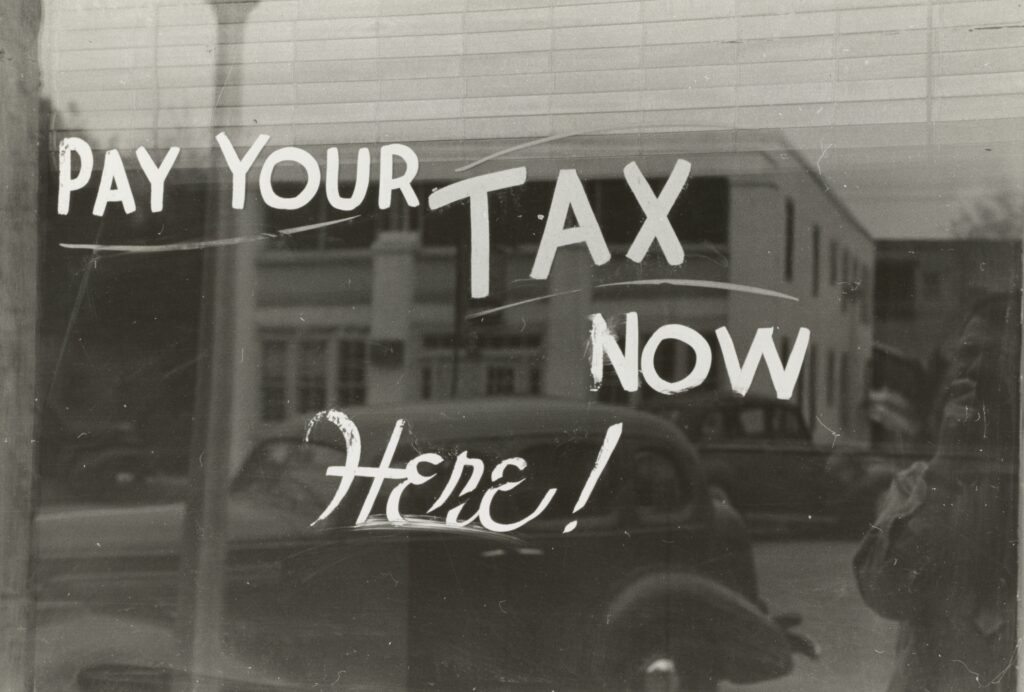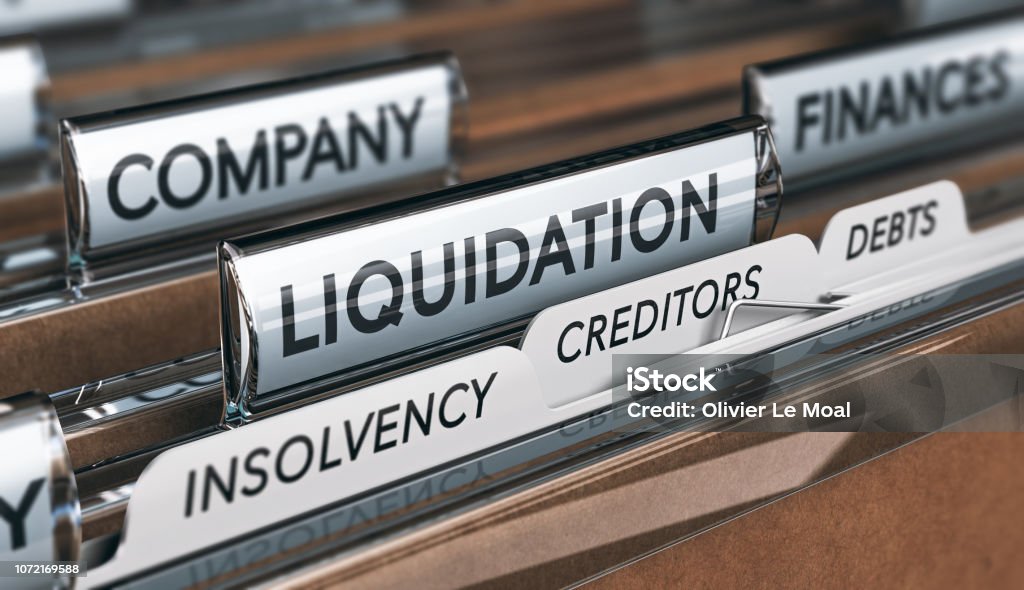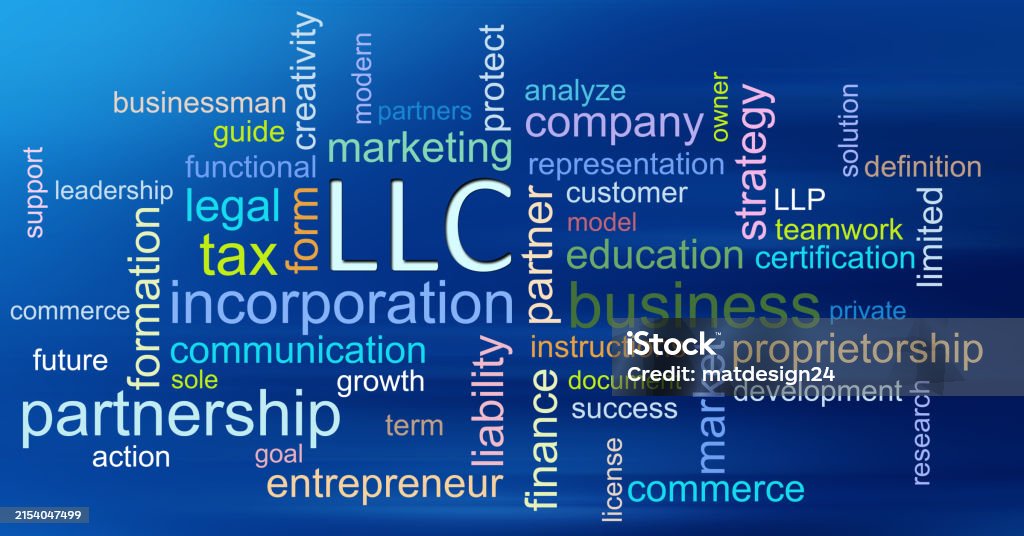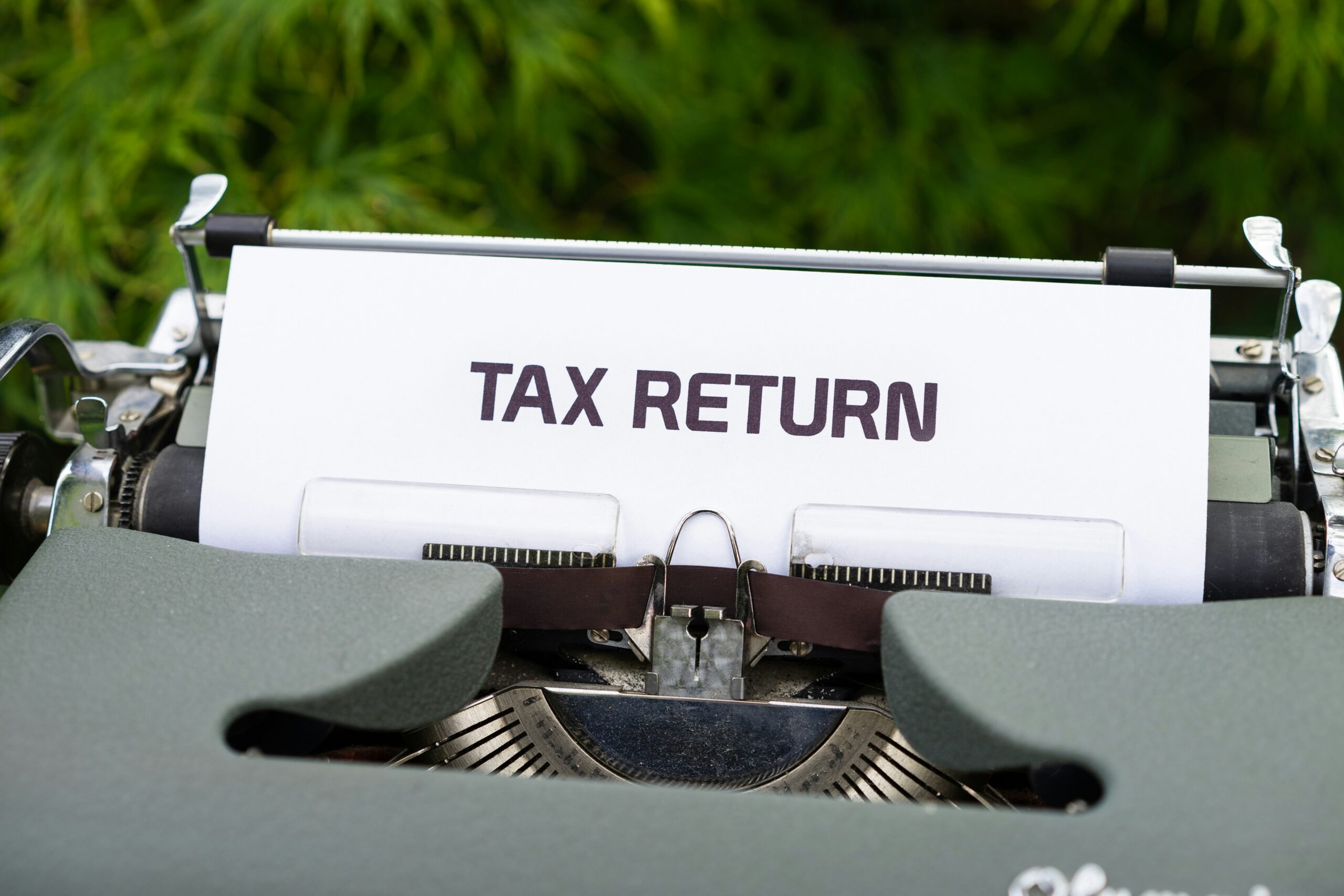Whether you’re a business owner, an employee, or just someone trying to make sense of where your hard-earned money goes, Egyptian taxes are a rollercoaster ride. Let’s break it all down.

A brief history
Taxes in Egypt aren’t new. They date back to the time of the Pharaohs—yes, even the great pyramids were funded by some kind of taxation. Back then, people paid their dues in grain, labor, or livestock. Fast forward a few thousand years, and things got a lot more complicated. Today, Egypt has an entire system designed to take a slice of your earnings, whether you like it or not. Some call it necessary for national progress; others call it daylight robbery. Either way, you can’t escape it.
Income tax
You get your paycheck at the end of the month, and surprise—part of it has already vanished. That’s because Egypt’s income tax system ensures the government gets its cut before you even touch your money. Rates vary depending on how much you earn, with higher earners paying more. In theory, this is fair. In reality, many find ways to dodge it, while others simply grumble and move on. Employees have no choice; business owners, however, have “creative” accountants who know all the loopholes.
Sales tax
Ever bought something and wondered why it cost more than expected? That’s sales tax at work. Officially called the Value-Added Tax (VAT), it’s slapped onto almost everything, from groceries to electronics. At 14%, it may not seem like much, but over time, it adds up. The worst part? Most people don’t even realize how much they’re paying in taxes because it’s sneakily included in the price. The government loves it; consumers, not so much.
Corporate tax
Running a business in Egypt? Congratulations, you now have a second boss—the tax authority. Corporate tax can be as high as 22.5%, depending on the company’s income. The paperwork alone is enough to make entrepreneurs sweat. Big corporations usually have teams of tax advisors to help them reduce their bills, while smaller businesses struggle under the weight of regulations and unexpected penalties. Some companies even choose to stay unofficial just to avoid the headache.
Property tax
So you’ve finally bought a house—congratulations! Now, guess what? You have to pay property tax. Yes, even though you already spent a fortune buying the place, the government still wants a piece of the pie. The tax rate depends on the property’s location and value, but for many homeowners, it feels like an unfair punishment for simply having a roof over their heads. Landlords often pass this cost onto tenants, making rent even higher.
Customs duties
Ever wondered why foreign products cost an arm and a leg in Egypt? Blame customs duties. The government imposes heavy taxes on imports to protect local industries. While this sounds reasonable, it also means that getting high-quality goods from abroad becomes ridiculously expensive. Cars, electronics, and even some food items are subject to these fees, making shoppers sigh in frustration. It’s a game of survival—either pay up or settle for local alternatives.
The informal economy
A huge part of Egypt’s economy operates under the radar, meaning many businesses never pay taxes at all. Street vendors, small workshops, and even some professionals work off the books, earning cash without ever reporting it. While this keeps costs low for them, it also means the government loses billions in potential revenue. Authorities have been trying to bring the informal sector into the tax system, but people have become experts at dodging it.
Tax evasion
If avoiding taxes were an Olympic sport, Egypt would probably take home the gold. From fake invoices to under-the-table deals, tax evasion is a national tradition. Some people genuinely can’t afford to pay; others just don’t want to. The government constantly tries to crack down on tax dodgers, but enforcement is tricky. Corruption, bureaucracy, and inefficiency make it a never-ending battle.
Where does all the money go
The big question everyone asks is: where do our taxes go? The government claims they’re used for infrastructure, healthcare, education, and public services. In reality, many Egyptians feel like they’re not getting enough in return. Roads remain broken, hospitals lack resources, and schools struggle. While some tax revenue does contribute to national projects, a lack of transparency leaves people skeptical.
Conclusion
Taxes in Egypt are a necessary evil. On one hand, they help fund important projects and services. On the other hand, they often feel unfair, inefficient, and even exploitative. Until the system becomes more transparent and efficient, Egyptians will continue their never-ending love-hate relationship with taxes—complaining about them while trying their best to avoid them.
You may also find these articles helpful
Taxes in the United Arab Emirates
Types of legal business structures in Egypt





